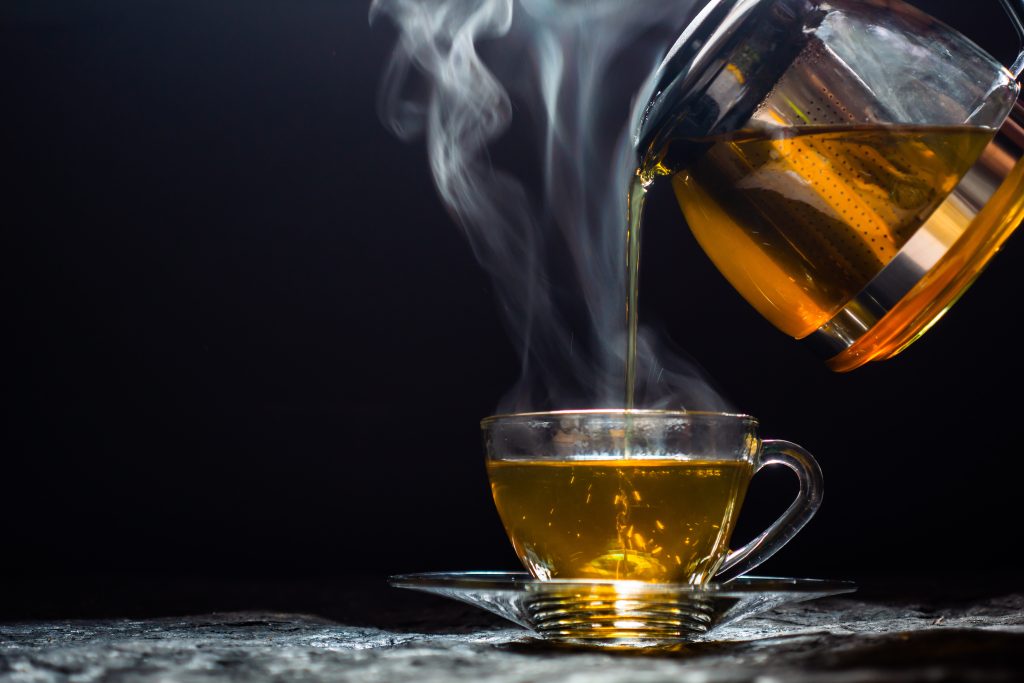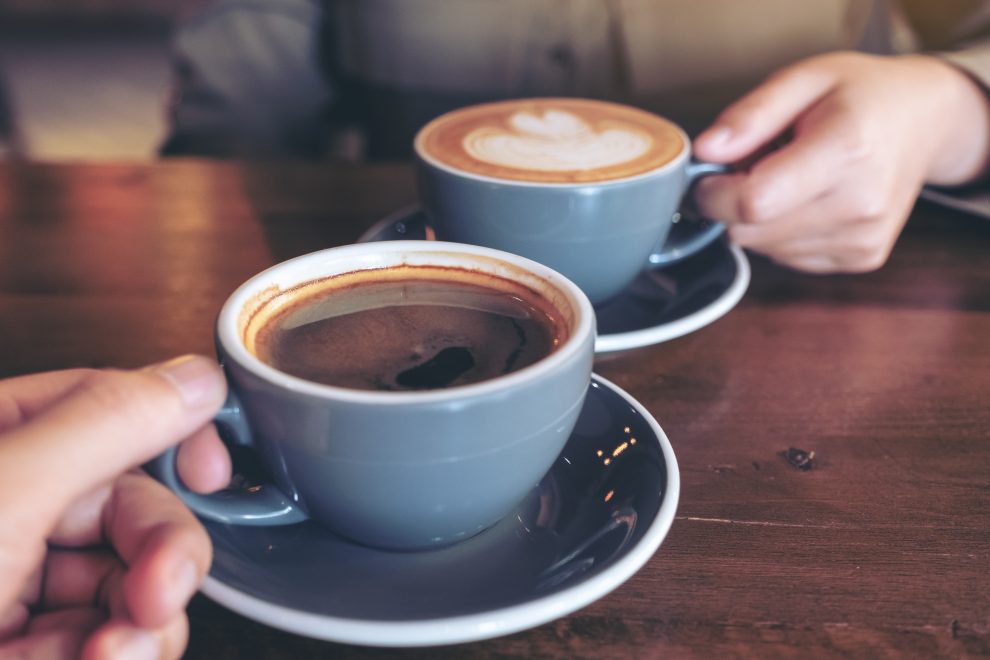MOST OF US consume caffeine every day, whether intentionally or unknowingly. Perhaps you start your day with a double espresso, have a tea break mid-morning, pick up an energy drink at lunchtime and then have a glass of fizzy cola in the evening, maybe alongside your favourite chocolate bar. Whilst this routine is normal for many – are you aware of how much caffeine you’re taking on board?
Here, Food Safety training experts High Speed Training share advice on caffeine, recommended intakes and which common foods and drinks contain caffeine.
Most of us consume caffeine every day, whether intentionally or unknowingly. Perhaps you start your day with a double espresso, have a tea break mid-morning, pick up an energy drink at lunchtime and then have a glass of fizzy cola in the evening, maybe alongside your favourite chocolate bar. Whilst this routine is normal for many – are you aware of how much caffeine you’re taking on board?
Here, Food Safety training experts High Speed Training share advice on caffeine, recommended intakes and which common foods and drinks contain caffeine.
Dr Richard Anderson, Head of Learning & Development at High Speed Training, said: “Caffeine is a chemical substance that acts as a stimulant in the body, meaning it can increase your heart rate, give you more energy or help you feel more awake.
“Caffeine is either naturally occurring, found in many plants, or it can be synthetic, intentionally added to drinks, foods and supplements to give consumers the desired effects.
“Whilst caffeine can be considered a ‘drug’, in small doses, caffeine is not harmful. Most people can consume up to 400mg of caffeine a day without it causing any health problems – this is equivalent to about four cups of coffee, five cups of tea or four 250ml cans of energy drinks per day.”
Regularly consuming more than 400mg of caffeine a day, however, can be dangerous to your health, particularly if you are more sensitive to caffeine or if you are pregnant. Consuming high amounts of caffeine on a regular basis can also cause you to become addicted, just like an addiction to any other drug or substance.
Too much caffeine can cause problems such as:
- Headaches and dizziness.
- A fast heartbeat.
- Restlessness or shakiness.
- Dehydration.
- Insomnia and disturbed sleep
- Increased anxiety or stress.
For pregnant people, the NHS recommends you consume no more than 200mg of caffeine per day, as regularly consuming more than this can increase the risk of pregnancy complications.

Dr Anderson continues: “Once you’ve eaten or drunk something containing caffeine, it takes a little while to feel the effects, as the caffeine doesn’t cause a spike in your bloodstream until around an hour later.
“The effects of caffeine can last for up to six hours, however, as it takes a lot longer for the caffeine to leave your system than it does to enter it.
“For this reason, many people choose to set themselves a caffeine cut off time, such as 4pm, so that the caffeine does not affect their sleep quality.”
When you consume caffeine, it has various effects on your body. Caffeine can act as a diuretic, causing you to urinate more as your body tries to get rid of excess water and salt.
It can also increase your blood pressure and stimulate your central nervous system, causing you to feel more alert and energetic.
If caffeine is suddenly removed from a diet where it is normally prevalent, it can cause withdrawal symptoms, such as headaches, nausea, lack of concentration and irritability.
Natural caffeine is found in many different plants, including tea leaves, coffee beans, cacao pods, kola nuts and guarana seeds. Products made using these ingredients are therefore naturally caffeinated, like tea, coffee and chocolate. In other cases, these naturally occurring ingredients are added to foods and drinks to make them caffeinated, such as guarana extract, which is often added to energy drinks.
Synthetic caffeine, on the other hand, is a man-made chemical, created in a lab, that is added to drinks and supplements by manufacturers to give their products energy-boosting properties. The chemical makeup of synthetic caffeine is largely the same as natural caffeine and it provides the same results, so it’s often a quicker and cheaper option for manufacturers to use.
Common foods and drinks that contain caffeine include:
- Coffee and tea. Some herbal tea has caffeine, whilst other varieties do not
- Chocolate and other chocolate products
- Fizzy drinks, energy drinks and sports drinks.
- Alcopops and pre-mixed cocktails.
- Energy-boosting snacks.
- Some vitamins and supplements
- Over-the-counter medicines – such as pain relievers and cold medicines
- ‘Caffeine-powered’ vapes.
Dr Anderson added: “Caffeine is one of the most widely consumed substances in the world, and is enjoyed by billions of people as part of their daily routine.
“Caffeine itself is not harmful, but it is really important to keep an eye on how much you are consuming, especially if you are finding it hard to sleep or experiencing heightened anxiety or stress.”
For more information, please visit highspeedtraining.com.













